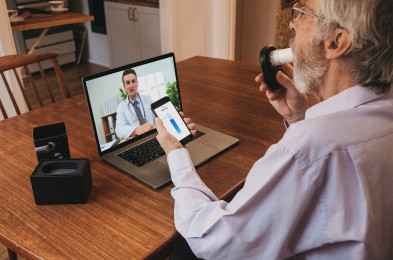 Innovation in development
Innovation in development
The BabySaver Tray: a portable bedside newborn resuscitation kit
The BabySaver kit brings together all the equipment needed for newborn resuscitation into one package, keeping the mother, newborn and midwife together during the critical period immediately after the birth.
Unique features of this low-cost package include:
- Bedside resuscitation platform - keeps the midwife at the bedside and the cord intact during resuscitation, thus reducing neonatal deaths
- Simplified instructions (based on ‘Helping Babies Breathe’) provide step-by-step guidance for the inexperienced
- Resuscitation platform doubles as portable container for the kit
- Award-winning neonatal ‘bag and mask’ and suction device
- Easily cleanable
About
The BabySaver is a portable, low-cost, newborn resuscitation device, designed to be used at the bedside. It has been created by a team of experts led by Professor Andrew Weeks, a consultant obstetrician from Liverpool Women’s Hospital. It was designed with Peter Watt, an engineer from Royal Liverpool and Broadgreen University Hospitals NHS Trust and prototypes were manufactured at Bryn Y Neuadd Hospital in Gwynedd, Wales.
It is designed to reduce the large number of babies who die shortly after birth in places where there are limited access to advanced resuscitation equipment. This could be in delivery suites or health centres in low resource settings, or home births in high income countries. It works by allowing mother and baby to stay together during the resuscitation process, keeping the umbilical cord intact and preventing distress caused by separation.
It is lightweight and cheap to produce - it is expected to cost approx. £50 compared to over £15,000 for standard resucitation units.
This first development phase of the project has been funded through the Sir Halley Stewart Trust, whilst the clinical trsting is funded by Grand Challenges, Canada. Work is ongoing in Uganda to refine the kit and test it in Mbale hospital on 30 newborns. The current prototypes are produced in North Wales, but manufacturing processes are also being developed in Uganda.


